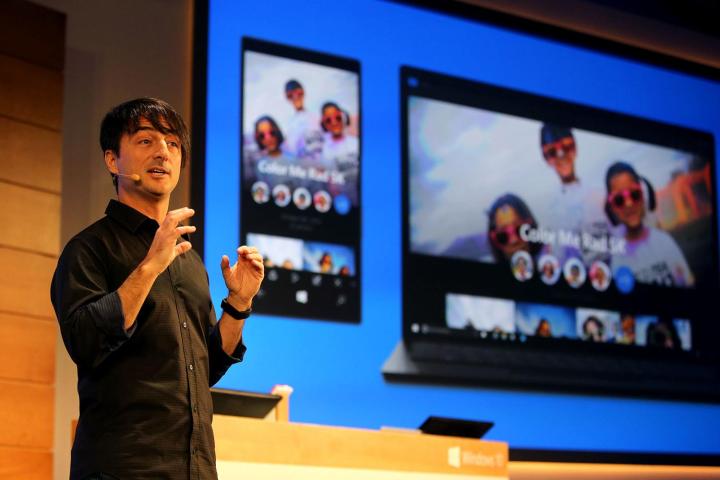
Let’s be honest for a second. That $119 copy of Windows 10 you bought for your new rig is little more than a drop in the bucket for Microsoft. Individual sales might help make up the cost of distribution, but the real profit is in enterprise, where Microsoft can sell thousands of licenses at the same time. That’s why the first release wave of home users is more of a beta test than an actual release.
This won’t be like the Insider preview, where UI elements are broken and some features don’t work. Instead, Microsoft wants to ensure pushing out an almost ready operating system to millions of users will prepare Windows 10 for the real test – pushing it out to businesses.
Sure, you might complain on the forums when a game doesn’t launch correctly, or a built-in app keeps crashing, but a minor hiccup on an enterprise system could easily cost a company thousands of dollars. That’s why Microsoft wants to make sure that home users are always up to date. Microsoft is using the Home edition as a beta test for enterprise.
And buggy updates are often accused of causing problems, the reverse is just as often true. Many common issues with Windows can be solved by updating, and it’s important to stay on top of security fixes. The only reason you might not want updates is if you’ve convinced yourself Microsoft is trying to steal your identity. But if you’re into conspiracy theories, well, you’d better just stick to XP — and never use the Internet, of course.
It’s also likely there will be a way to stop, or at least pause, updates if you know there’s a compatibility issue or a bug. There’s also no assurance that Microsoft will automatically push every update, or any of them, but the clause is there to ensure that it can be done if necessary. Take a deep breath and count to 10, because this is business as usual.
Editors' Recommendations
- Microsoft Copilot is invading your favorite chat apps
- Microsoft is adding a controversial app to Windows 11
- Microsoft just kicked off a new era of PCs with Copilot+
- If you use a VPN, don’t skip this important Windows 11 update
- Windows 11 may bring Live Tiles back from the dead — sort of


